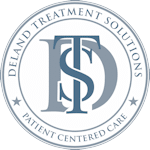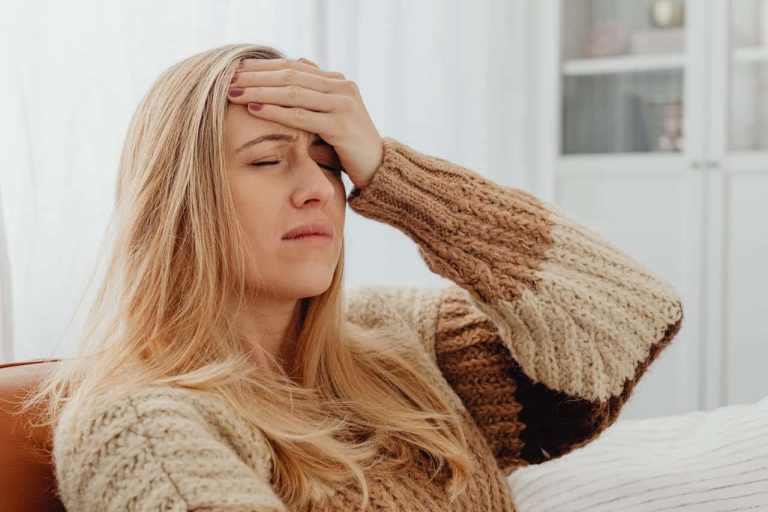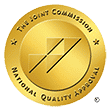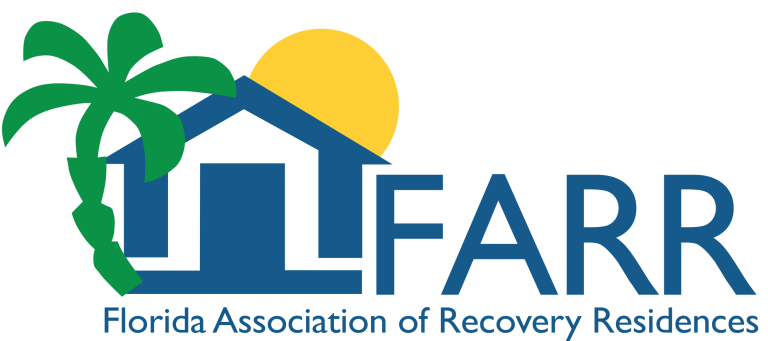Global populations across the world struggle with anxiety disorders that stand as one of the principal mental health concerns. Anxiety disorders go beyond occasional stress-related anxiety because they cause extreme worry and fear, which disrupt regular activities. Learning about what causes anxiety and how it presents itself and the available treatment solutions allows people to better control their anxiety condition, which will enhance their overall quality of life.
What are Anxiety Disorders?
Anxiety disorders consist of mental health conditions that produce ongoing severe worry emotions, together with fear and apprehension. Treatment failure continuously results in these disorders disrupting interpersonal bonds, together with producing work-related and daily practice issues.
Causes of Anxiety Disorders
Anxiety disorders originate from multiple aspects which include both genetic predispositions, combined with environmental elements along with psychological circumstances. Common causes include:

- People with ancestry who faced anxiety disorders are at higher risk of developing the same condition.
- Anxiety develops when brain chemistry experiences a disequilibrium between neurotransmitters dopamine and serotonin.
- Body trauma alongside excessive psychological stress both function as factors that trigger anxiety disorders.
- Several health conditions including heart disease along with thyroid problems and persistent pain trigger anxiety symptoms in individuals.
- The act of substance misuse combined with the process of alcohol and drug quitting can cause anxiety symptoms.
Support is available—you've taken the first step by starting your research.
Lorem ipsum dolor sit amet, consectetur adipiscing elit. Ut elit tellus, luctus nec ullamcorper mattis, pulvinar dapibus leo.
You can also start by checking your insurance coverage online.
Anxiety Disorder Symptoms
The variety of symptoms from anxiety disorders depends on which type of disorder affects someone along with its intensity level. The primary indications of anxiety disorders encompass two main clusters:
- Excessive worry or fear
- Restlessness or feeling on edge
- Rapid heartbeat or palpitations
- Difficulty concentrating
- Shortness of breath
- Sweating or trembling
- Sleep disturbances
- Gastrointestinal issues (nausea, diarrhea, or stomach pain)
Contact Solutions Healthcare
Battling with Drug and Alcohol Addition? Remember, you are not alone and we are here to help you!
Types of Anxiety Disorders
Different anxiety disorders contain specific diagnostic presentations within their categories.
- People with Generalized Anxiety Disorder experience continuous and extreme concerns about multiple life areas, which include work, health, and interpersonal relationships. People who suffer from GAD experience unmanageable anxiety attacks, which produce weariness as well as tense muscles.
- A panic disorder causes individual patients to experience multiple intense episodes of sudden fear which medical experts define as panic attacks. Individuals with this disorder experience chest pain along with dizziness and shortness of breath as well as a sense of doom approaching them.
- The social anxiety disorder known as social phobia drives people to demonstrate excessive fear inside social environments because they fear judgment from others and possible embarrassment or humiliation.
- A specific phobia creates an extreme, unreasonable fear about a particular object or specific event, such as heights or flights with spiders.
- Obtrusive-Compulsive Disorder (OCD) consists of both obsessive mental events and compulsive physical conduct, which people repeat to counteract their anxiety.
- Post-Traumatic Stress Disorder (PTSD) results when someone experiences a traumatic event that leads to frequent disturbing memories, together with disturbing dreams and elevated nervousness.
Anxiety Disorder Signs to Look For
People who detect anxiety disorder symptoms in an early stage can get the correct treatment for their conditions. Common anxiety disorders signs include:
- Avoidance of anxiety-provoking situations
- Periods of worrying excessively about things that appear abnormal for the situation.
- It is hard to unwind while experiencing ongoing tension throughout the day.
- Physical symptoms such as headaches, dizziness, and rapid breathing
- Martix’s condition is characterized by unexpected troubling thoughts and fears that disrupt his daily activities.
Treatment for Anxiety Disorders
Medical treatment alongside therapy and lifestyle modifications, gives anxiety patients a high chance of recovery. Effective treatment options include:
1. Therapy
- Cognitive-Behavioral Therapy (CBT) constitutes one of the principal therapy approaches by helping patients identify and transform their adverse thought patterns while altering problematic behaviors.
- Exposure Therapy provides a controlled environment for patients to confront fears so they can lower their behavior of avoidance.
- People who practice meditation along with yoga, together with deep breathing exercises, achieve better symptom management for their anxiety.
2. Medication
- The brain-medical drugs SSRIs and SNRIs include antidepressants that regulate brain functions with medications like fluoxetine and sertraline.
- The short-acting benzodiazepines serve as rapid relief drugs even though they can create dependence among users.
- Beta-blockers serve to control both the physical condition of rapid heartbeats and trembling symptoms.
3. Lifestyle Changes
- Daily exercise triggers endorphin release, which improves mood and then reduces anxiety levels.
- The stabilization of mood occurs through following a diet that excludes caffeine along with alcohol and processed foods.
- Proper sleep rest is crucial since inadequate sleep leads to more anxiety. Develop a steady sleep pattern.
- The management of stress becomes easier through activities which include relaxation techniques and spending time with family.
Seeking Professional Help
Professional help should be obtained if your anxiety creates difficulties in maintaining your daily activities. The treatment programs at Deland Treatment Solutions are specifically designed for individual needs. Experienced professionals at our facility implement evidence-based therapeutic approaches to guide patients through recovery and better their well-being.

Contact Us Today
Deland Treatment Solutions exists to assist anyone experiencing anxiety and anxiety disorder symptoms together with their loved ones. The specialist at Deland Treatment Solutions can be reached at (386) 866-8689 to begin your path toward recovery.





























